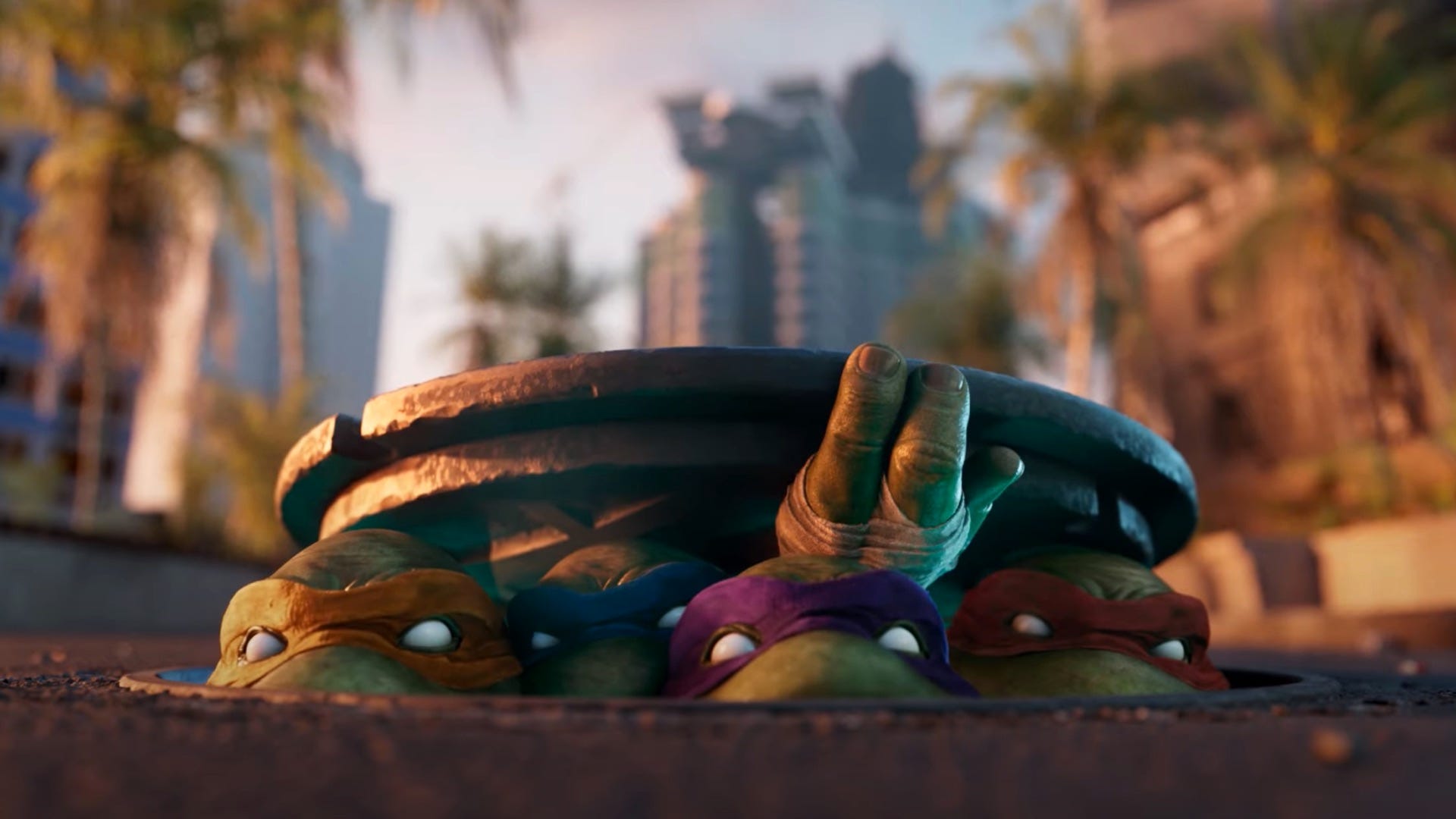Two reporters have released a book—Fight: Inside the Wildest Battle for the White House—that shines a new light on the extent of President Joe Biden's cognitive decline over the course of his reelection campaign. Amie Parnes of The Hill and Jonathan Allen of NBC News gained access to Biden's inner circle, discovering that top officials had grave concerns about Biden's fitness for the presidency; these concerns long predated the public's own awareness of the extent of his decline.
In fact, Vice President Kamala Harris had discussed plans for what to do in the event of Biden's sudden death—i.e., which judges she would want to swear her in as president. These plans were formulated by Jamal Simmons, a communications director who departed Harris' team in January 2023. In other words, Harris was thinking through worst-case scenarios as far back as then.
By the time of Biden's disastrous July debate with Donald Trump, the president's cognitive decline was so bad that aides had to help him navigate a home where a fundraiser was being held…by placing fluorescent tape on the floor to guide him from spot to spot. Parnes and Allen confirmed this shocking detail in an interview with me on Rising.
Biden "went to a small fundraiser. Fluorescent tape on the floor to guide him where needs to go…"
"A small place, and it's like, fluorescent tape on the floor, pointing him wear to go. In a house."
Insane details from @RisingTheHill's interview with @amieparnes and… pic.twitter.com/hO8LUY4teN
— Robby Soave (@robbysoave) April 2, 2025
This fundraiser wasn't held in the Labyrinth of King Minos or something. It was held at the residence of New Jersey Gov. Phil Murphy. He has a big house, to be sure—repairs and renovations to the mansion cost New Jersey taxpayers $862,000. Nevertheless, the fact that Biden needed flashy visual cues just to survive a friendly fundraising event obviously raised serious and immediate questions about his ability to fulfill the more demanding aspects of his job.
And yet, top Biden surrogates maintained that he was totally capable of remaining president, even after he had exited his reelection campaign. Ron Klain, Biden's former chief of staff, asserted in August 2024 that Biden was "clearly up to the job."
"He's doing it every day," said Klain. "He's doing it successfully."
Klain doesn't even have the excuse that he was obligated to say something positive about Biden because he worked for him. He was out of a job at that point.
Well, Klain is finally admitting the truth. He told reporter Chris Whipple, who has also released a tell-all book on the real story of the Biden campaign, that he "wondered half-seriously if Biden thought he was president of Nato instead of the US. 'He just became very enraptured with being the head of Nato,' he said."
Klain scheduled a practice debate for Biden, which was supposed to run for 90 minutes, but Biden could only make it through 45 minutes, at which point "the president's voice was shot and so was his grasp of the subject," writes Whipple, characterizing Klain's remarks. "All he really could talk about was his infrastructure plan and how he was rebuilding America and 16 million jobs. He had nothing to say about his agenda for a second term."
Given all that, it's no wonder Biden lost. But it's also remarkable that he didn't actually resign the presidency, despite his obvious impairments. Of course, it seems that no one in his inner circle was willing to speak out about his incapacity until after it was too late.
Media reporters are certainly having a field day with all this—now. CNN's Jake Tapper has released a book on this subject: Original Sin: President Biden's Decline, Its Cover-Up, and His Disastrous Choice to Run Again. That's in addition to the books by Parnes, Allen, and Whipple. One can't help but wonder, however, why it took so long to get the real story. Maybe journalists weren't properly clued in to Biden's decline until after the debate? That's a bit hard to believe, though: At the very least, Special Counsel Robert Hur's claims some months earlier that Biden appeared to be an "elderly man with a poor memory" should have set off alarm bells.
Watch my full interview with Parnes and Allen here.
This Week on Free Media
I am joined by Amber Duke to discuss Trump's deportations, the tariffs, Luigi Mangione and the death penalty, and whether Mark Zuckerberg has truly renounced his ways.
Worth Watching
Nintendo has announced a live-action Legend of Zelda movie, which is theoretically exciting but could disappoint me in just about a thousand different ways. Here, let me list them.
Casting: I am begging Nintendo to be thoughtful about casting and pick actual teenagers to play Link and Zelda, not much older actors who happen to have famous faces. I like Zendaya and Tom Holland as much as everyone else, but can we please be a bit more creative? For Ganondorf, it's OK to ignore this, since he's an older character. My personal choice would be Dev Patel, who definitely has the right look, though he needs to practice his evil cackling and playing the organ. (I would also love to see Martin Short play the Happy Mask Salesman.) World building: This will be tricky. Stray too far from the source material and the production will quickly become some generic fantasy thing, but mirror it too closely and you'll have something that's basically just a video game. Like, should Link talk in this film, unlike in the games? Probably. Should he spend all his time pushing large crates around? Probably not. Storyline: I imagine the filmmakers intend to come up with their own plot that draws inspiration from the storylines of the games. (This is basically what happened with the largely successful Super Mario Bros. movie.) I would highly encourage them to borrow heavily from the older games that actually had pretty good stories: Ocarina of Time, Majora's Mask, The Wind Waker, Twilight Princess, and Skyward Sword. The two most recent installments, Breath of the Wild and Tears of the Kingdom, are popular despite having very uninspiring plots. (The sole exception being the latter's villainous Yiga clan: Feel free to use them.) Time travel: Use it! This is an underrated and key aspect of the Zelda games. In several installments, Link uses his unique abilities to transverse parallel dimensions and timelines—exploiting the differences between them to great storytelling effect. For instance, in Ocarina, Link learns about a magic song that created a thunderstorm at an inopportune moment; later, he returns to the past and discovers that he was the one who caused the thunderstorm in the first place. Intriguing! Big film studios love multiverses and doppelgängers and time travel and are probably overusing said storytelling devices at this point; this is a movie that actually calls for them! Be weird: People like these games because they have personality and their own style. The Yiga clan is the best thing about Tears because they're weird, incompetent ninjas who patrol a vast underground, have ridiculous ACME-reminiscent technology, love bananas, worship frogs, and leave notes everywhere that read: Glory to Master Kohga. That's cool!Actually, Nintendo could avoid all of these potential issues by simply green-lighting the draft script I put together like a decade ago.
The post Joe Biden's Handlers Definitely Knew. Did the Media? appeared first on Reason.com.











 Bengali (Bangladesh) ·
Bengali (Bangladesh) ·  English (United States) ·
English (United States) ·